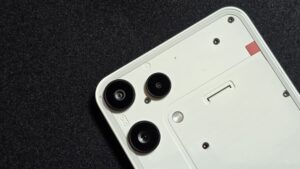
Source: Singapore White Spaces Pilot Group
Singapore may be taking a step closer to rolling out TV White Spaces, a new wireless technology that taps on the unused spectrum in broadcast TV frequencies, with new trials now being planned in four places.
The wireless technology will provide an Internet link to Sentosa, Gardens by the Bay, HDB estates and car dealership Eurokars Group, as the country seeks to find new use for old frequencies in its increasingly crowded airwaves.
Unveiling the trials on Monday, the Singapore White Spaces Pilot Group said the technology could provide cost-effective Internet links to users as well as connect up sensors in machine-to-machine setups in future.
The industry group, made up initially of Microsoft, StarHub, Neul and the Institute for Infocomm Research, had already run a trial at the Singapore Island Country Club from September last year.
The new wireless technology helped link up long distances to provide Wi-Fi connections over the various golf courses and buildings. At the same time, smart sensors could be installed to measure the moisture on the golf courses.
The new trials will see the use of the wireless technology in new ways.
While Sentosa aims to provide Wi-Fi coverage to end users, Gardens by the Bay and HDB want to use it to deliver video surveillance images. Eurokars Group plans to extend its IT network to its hard-to-reach buildings without laying cables between them.
The trials are said to be among the most extensive in Asia-Pacific, after earlier tests in the United States and Europe have shown promise in connecting places that are hard or costly to connect. The technology is believed to penetrate buildings and foliage well, thus its potential to be used in Singapore.
Essentially using a part of the spectrum that is allocated to TV broadcasts, but hardly used, TV White Spaces has been attracting interest of late, because of the spectrum crunch facing many countries.
However, despite being touted as an alternative link to other wireless technologies such as 4G or Wi-Fi, it is still years away from commercial rollouts, which require economies of scale in manufacturing and common standards for easy inter-operability.






